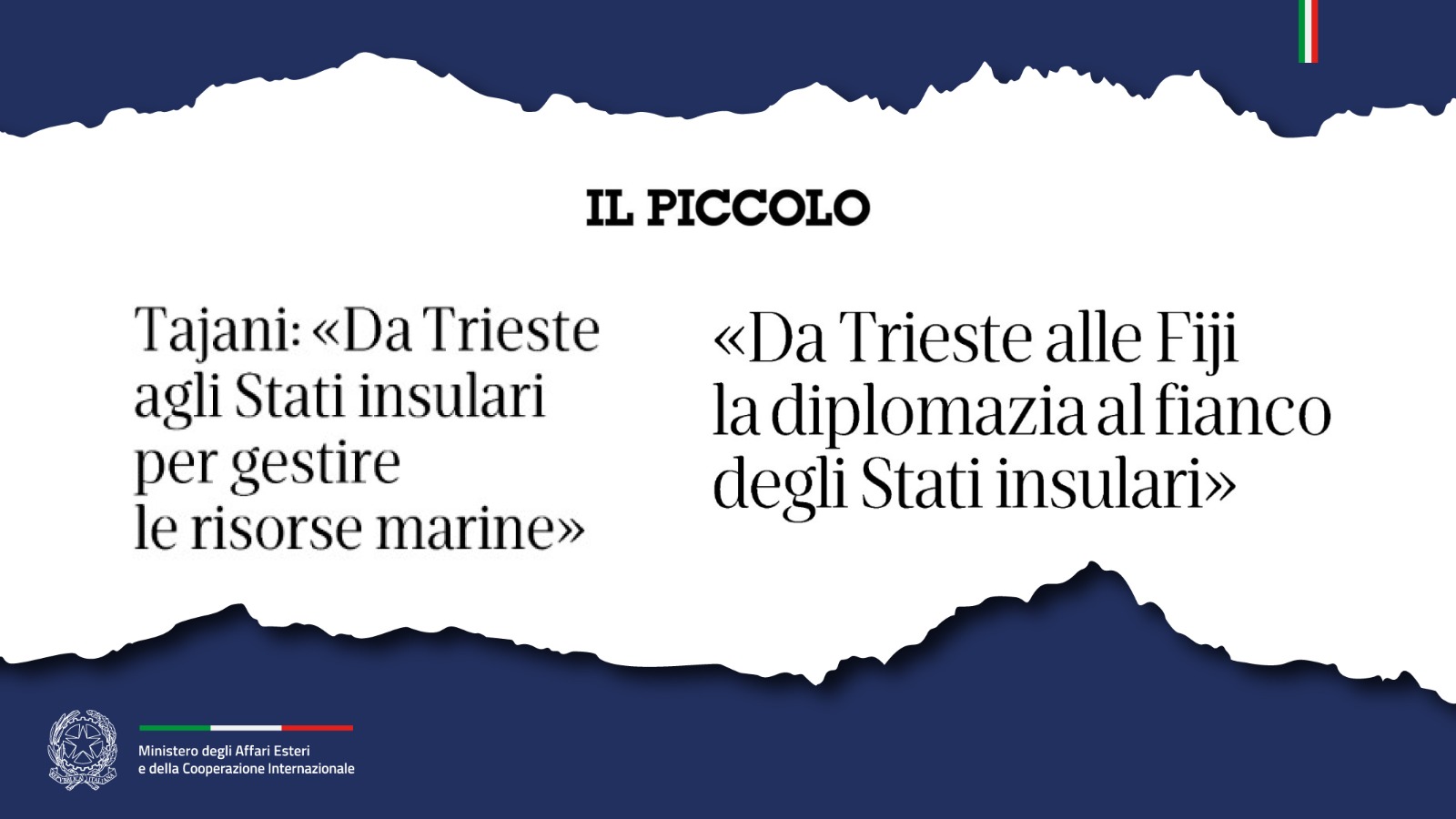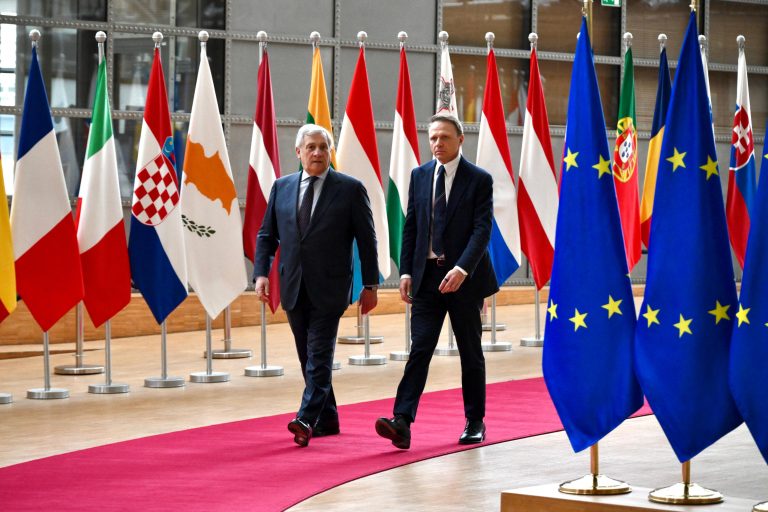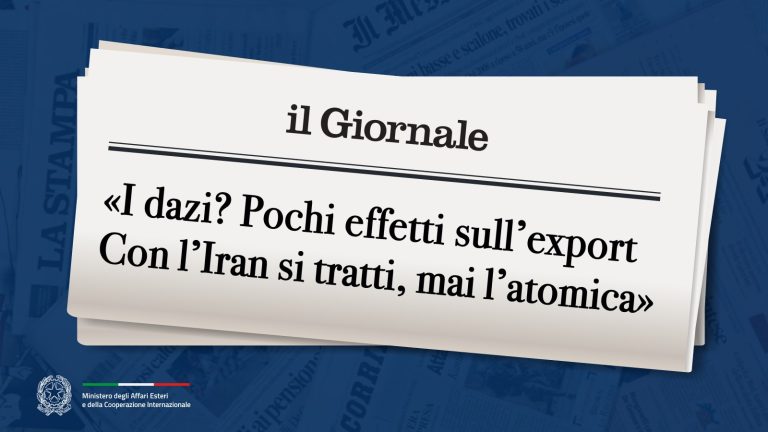Oceans and seas play a crucial role in ecosystems, food security, combating climate change, and in providing quality food for a growing proportion of the global population. We, in Italy, know this well, with nearly 8,000 km of coastline and over 800 small islands.
The effects of global warming and natural disasters are increasingly evident in everyday life. But they are particularly disruptive for countries that depend on the sea, as we do. This is even more true for small island states, the so-called SIDS (Small Islands Developing States), depending on food imports, and particularly vulnerable to environmental pollution and rising seas. These are all interconnected issues that we need to address with a strategic vision, adopting a 360-degree approach. Alongside the more traditional diplomacy, we are now using a new diplomacy of the territories by matching and comparing Italian cities with small island states.
At the recently-concluded Second FAO Summit in Rome, I wanted to bring together at the highest level -along with my colleagues Ministers of the Environment and Universities- the Small Island Developing States. Others included the prime minister of Samoa, relevant ministers from Fiji, Guyana, Seychelles, Palau, Kiribati, Papua New Guinea and Comoros. We brought to the table the experiences of Italian port cities such as Trieste, Ancona and Palermo. Communities with specific knowledge in sustainable management of marine resources.
After the meetings held in New York in February with representatives of these Small Islands, the government decided to further strengthen cooperation with these countries. We are funding programs in favour of Pacific and Caribbean islands (amounting to EUR 90 million) in the fields of environment, climate change and hazard mitigation. We have funded scholarships to support young people from AOSIS (Alliance of Small Island States) countries in these subjects. We have initiated projects to operationalise aerial remote sensing systems that enable us to develop models for forecasting extreme weather events and obtain accurate information on coastal areas most vulnerable to climate change.
Now we want to enrich this partnership with technologies from our territories, and further improve the quality of life of small island states. Next year, the fourth UN Conference for SIDS Countries will be held in Antigua and Barbuda, and Italy is an integral part of the organising committee in New York, tasked with preparing for this important event.
We want to put our knowledge at the service of our partners, through cooperation, businesses, and our network of academic, scientific and cultural stakeholders. We want to identify new ways of living together with the territories in which we live, under the banner of sustainability, inclusion and innovation, putting human beings and their fundamental rights at the centre.
The revival that I wanted to give at the international level to the issues of the Small Islands shows once again how the foreign policy of this government draws inspiration and strength from a close relationship with Italian territories, which again are an expression of an attractive Made in Italy, provided with “know how” and “problem-solving” matured in our cities.
The approach on people and territories is also the focus of our participation in COP28, to be held in December in Dubai. An idea also underpinning our bid for Expo2030. Only by focusing on people and territories can we hope to have a chance of finding shared solutions to the great challenges of our time.




